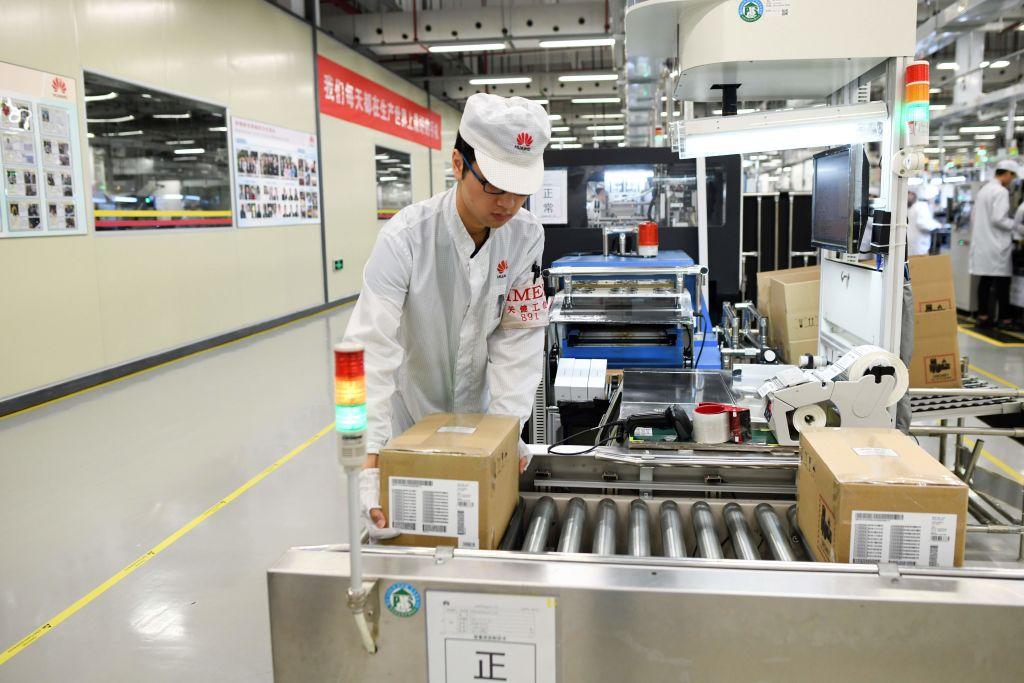A major Chinese export manufacturing company with an 18-year history has recently suspended production due to the ongoing U.S.–China trade war, which is significantly affecting China’s export-oriented industries.
Dongguan Dehong Electrical Appliances Co. Ltd. (Dongguan Dehong), based in Dongguan city, Guangdong Province, issued a notice to all employees, relieving them from work for a month starting on April 11, according to Chinese media reports.




